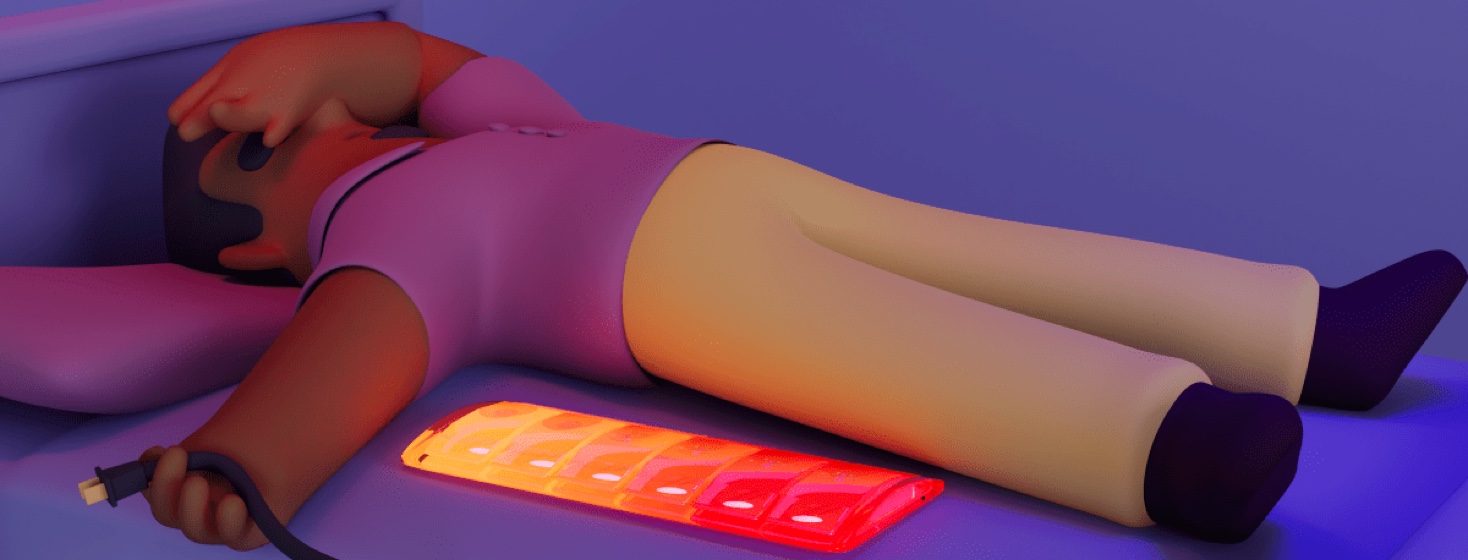Tired Most of the Time?
During and long after chemo treatments for my non-Hodgkin lymphoma, it was not unusual for me to feel tired. I do not mean sleepy, I mean totally exhausted. This was a different kind of tired. And I can still feel it a year later.
Fatigue is different from being sleepy
There are real differences between being fatigued and being sleepy. In non-medical speak sleepy means that you probably are not getting enough quality sleep. You may have been up watching a TV show or reading a book, or better yet, crafting a new article for Blood-Cancer.com. Sleepy tired means it is difficult to keep your eyes open during the day and all you want to do is find a comfortable place to catch a nap. Fatigue, on the other hand, is not having any energy to get something done. Even a simple task like going out to get the mail out of the box can feel overwhelming. No matter how much sleep you get. You just do not have any of your old “get up and go.”
Energy loss and depression
When undergoing treatment for blood cancer or any cancer, it is easy to feel “down in the dumps.” Or as my MD described it, “Dennis, you appear to be experiencing some slight depression.” I could have guessed that one without a medical degree. What folks do not realize, as I soon came to understand, is that depression not only impacts your attitude, it can create physical manifestations such as fatigue, a loss of appetite, and cause headaches. If you are undergoing or recovering from treatment, fatigue and depression can drain your energy. If left unchecked, it can lead to a downward spiral.
Featured Forum
View all responsesNutrition and hydration impact fatigue
Not getting enough water and other liquids into your system could also lead to fatigue. As I was going through chemotherapy, I needed to consume between 70 and 90 ounces of water a day to keep all systems functioning. By drinking larger quantities of water earlier in the day I was able to get a better night's sleep, which in turn helped me to feel better. My MD said the best gauge on how much liquid you need is just make sure that your urine is running clear. Again no medical degree required. :)
Not eating the right kinds of foods apparently can get you down. I made it a point to avoid highly processed and sugary foods during treatment as they did not contain enough nutrition to get me through the day. If something I ate made me feel tired, I stop eating it. I also made it a point to eat dinner before 7 PM so that digestion was not keeping me awake at night.
Tell your doctor about fatigue
Early on in treatment, I asked to have my thyroid levels checked due to significant weight loss. Years earlier I was diagnosed with hyperthyroidism (an overactive thyroid) that caused me to be hyperactive and lose a significant amount of weight. Fortunately, that was not an issue this time around, but it is something to ask your MD about.
Being diagnosed with blood cancer and being fatigued may not always go hand-in-hand. My suggestion is spend more time with your MD. Together you may find some new ways to help you feel more rested and engaged in life.

Join the conversation